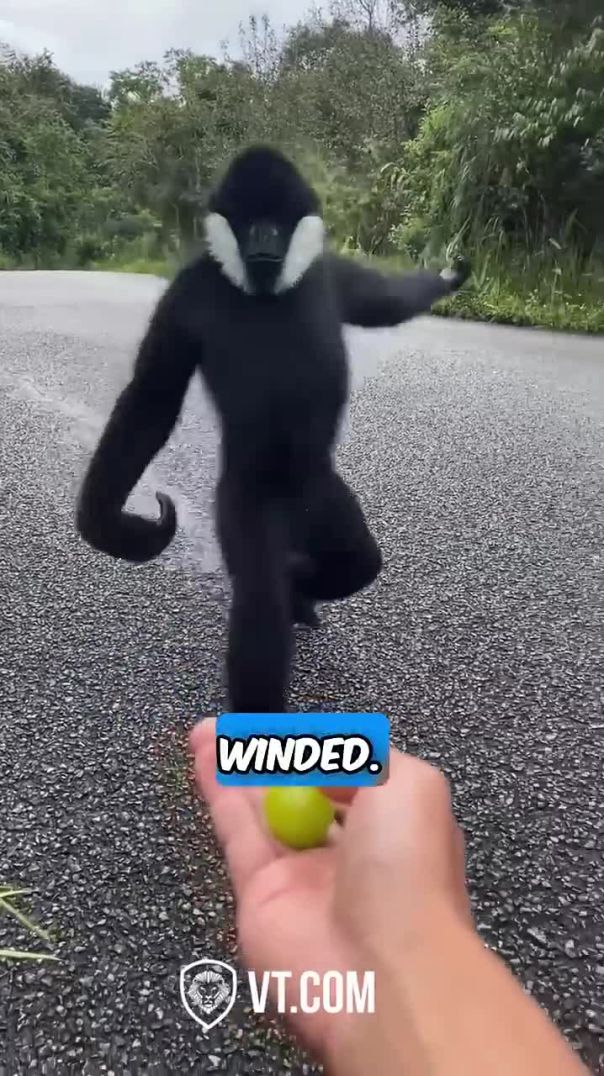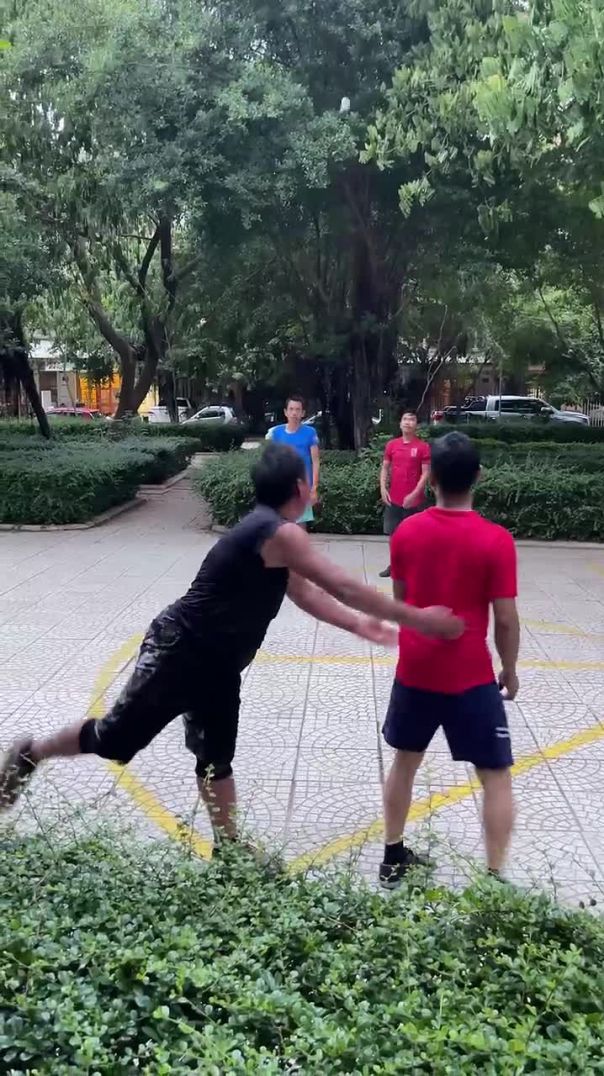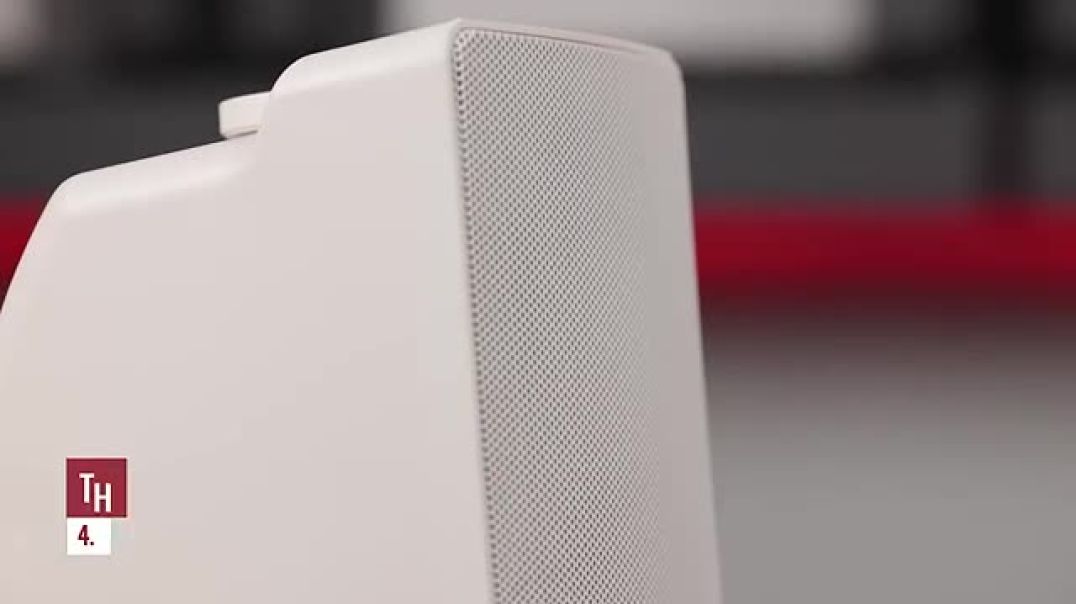4 Views· 12 November 2022
Sound like a Native English Speaker: Tapping
Want to sound more like a native speaker? Learn this pronunciation secret! In this lesson, you will discover something very common in North American pronunciation: tapping. Tapping is when we change a /t/ sound to a /d/ sound. For example, in North American English we pronounce the word "water" like "wader". Watch this video to find out when we use tapping and what it sounds like. Finally, we will practice the pronunciation of example words together using tapping.
http://www.engvid.com/sound-li....ke-a-native-english-
TRANSCRIPT
Hello. My name is Emma, and in today's video, I am going to teach you a little bit about North American pronunciation. I'm going to teach you about something called "tapping". Okay.
So, before I explain what tapping is, I want you to listen to how I pronounce this word. I'm going to pronounce it in three ways, and I want you to tell me: What's the difference in each way I pronounce this? Okay? So the first way I'm going to pronounce it: "thiry", "thiry". Okay? Now, the next way: "thirdy", "thirdy". And finally: "thirty", "thirty". So what was the difference in the three pronunciations? Between "thiry", "thirdy", "thirty"? If you said this, you are correct.
One of the major differences you'll find in different Englishes is the way we pronounce "t". In British English, a lot of the times you actually hear the "t". I'm terrible with British accents, but "thirty", "t", okay? So you can hear it like a "t" sound. In Englishes... Some British Englishes, and sometimes Australian Englishes, they actually get rid of the "t", it's like it doesn't even exist. So you might hear: "thiry". Okay? In North American English, oftentimes, we pronounce t's like d's. So you would hear: "thirdy", okay? So this is one of the main difference between many different Englishes, how we pronounce our t's.
So what's the rule for this? How do we know when to pronounce our t's like d's? Because this is going to focus on the North American pronunciation. Well, I have here a bunch of different words, all have the word... Or all have the letter "t" in them. I want you to listen, and I want you to think about: Where is "t" pronounced like a "d"? Okay? So you're going to listen carefully, and I want you to think about: Which words do I pronounce "t" like a "d"? Okay?
So the first word: "party", "party". Okay? "Party". If you said this is like a "d", you are correct. So we have one here. Next word: "tiny", "tiny", "tiny". No "d" sound. "Water", "water". There is a "d" sound here. So, again, North American pronunciation. British people would probably say something different, like "wa-er" or like "water", okay? Next one: "forty", "forty". Okay. Yeah, we have a "d" sound, here. "Latter", "latter", "latter". Okay, you probably heard a "d" sound. Next one: "bottle", "bottle", "bottle". Probably heard a "d" sound there. The next word that has a "t" in it: "tornado", "tornado". Does it have a "d" sound? I mean where the "t" is. Of course it has this "d" sound, but: "tornado". No, we don't pronounce it like a "d". "City", "city". Yeah, it has a "d" sound. "Tuna", "tuna", no "d" sound; it sounds like a "t". "Bitter", "bitter", "d" sound. "Thanks", "thanks", doesn't even have a "t" sound, actually. It has a "th" sound, which is a little different. And finally: "tall", "tall". No "d" sound either.
So, what do you notice about these words? Is the "t"...? When we pronounce t's as d's in North American English, do we pronounce t's like d's when they're at the beginning of the word or when they're in the middle? You look here. So this one is a yes, it's in the middle, it's in the middle, middle, middle. The beginning, no. Middle; beginning, no; middle; no; no. So we pronounce t's like d's when they're in the middle of a word. Okay?
But we don't do it all the time. When do we do it? When do we say t's like t's, and when do we say t's like d's? That might get a little bit confusing, but I hope you're following. Well, it depends on stress. So, what is stress? "Oh, I have a test tomorrow. I'm stressed." Not that kind of stress. We're talking about stress in pronunciation. When we stress something in pronunciation, we mean we say it louder and longer. So, for example: "party", part of this I'm going to say loud and long, and part of it short. So listen and tell me where the stress is: "party". The stress, if you said it's here, you are correct. "Par" is loud "ty" is shorter. I'll... Let's go to "water" next. "Water", "water". So where is the stress? Stress is here, okay? The first part. "Water". We say this part quieter. Here: "forty", "forty". Where is the stress? What part's louder and longer? If you said "for", you're correct. We say that part louder and longer.




























0 Comments